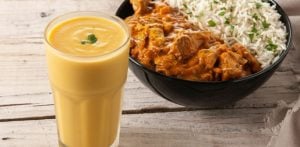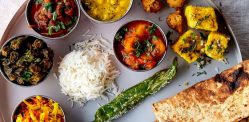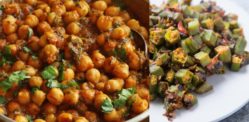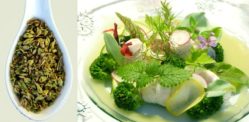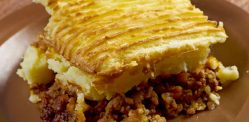"vegans rely on plant sources for their proteins and fats"
The tradition of vegetarianism is deeply rooted in Indian culture, a way of eating that has been passed down for generations.
For centuries, many Indian people have thrived on plant-based foods, proving the benefits of a meat-free lifestyle.
Now, more people are turning to veganism.
This diet is stricter because it removes all animal products, including milk, cheese, and curd.
This has led many health-conscious Indians to wonder which diet is truly better. Is the familiar vegetarian meal healthier than a completely vegan one?
We explore both diets, looking at how they affect weight, heart health, and liver function.
Comparing Both Diets
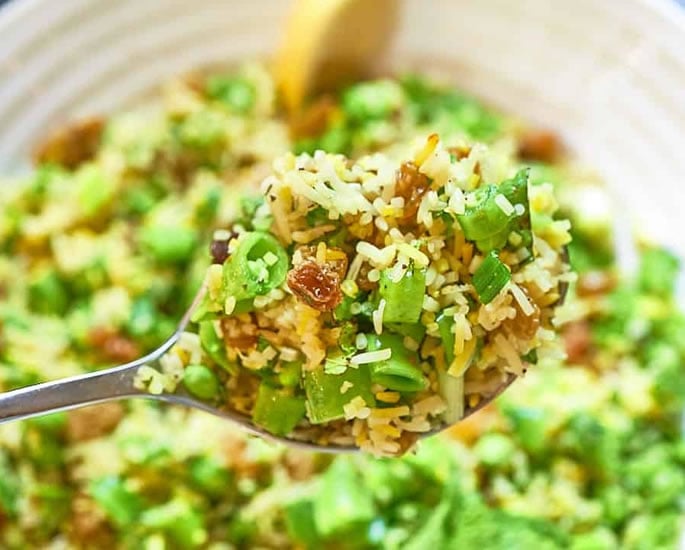
At first glance, vegetarian and vegan diets look similar, but the main difference is dairy.
A standard Indian vegetarian meal, as weight management expert Pratyaksha Bhardwaj explains, “includes fruits and vegetables as well as pulses, cereals, nuts, and oilseeds, apart from dairy products such as milk, curd, and paneer.”
This approach provides a wide variety of nutrients, especially “good-quality protein and calcium from dairy”.
A vegan diet, however, is stricter.
Bhardwaj told Hindustan Times: “On the contrary, a vegan diet eliminates all animal-derived products.
“Basically, vegans rely on plant sources for their proteins and fats, and these happen to be tofu, legumes, soy milk, and seeds, among others.”
While this can be a very healthy way to eat, it requires careful planning to avoid a lack of certain nutrients.
He added: “Careful supplementation with vitamin B12, calcium, and omega-3 fatty acids, nutrients mainly found in animal products, is necessary.”
This idea is supported by Chennai-based clinical dietician Dr Radhika Iyer, who said:
“For people switching to plant-based diets, vegetarianism is often a more practical and sustainable option because it is easier to achieve nutritional balance.”
When it comes to the environment, veganism seems to be the better option.
Pune-based nutritionist Dr Sneha Malik believes that “While both vegan and vegetarian diets are environmentally friendly, veganism does slightly better by excluding dairy and eggs that carry an equally massive ecological burden”.
This is backed by data showing that producing dairy and eggs uses much more water than growing plant-based foods like lentils and beans.
The Issue of Weight Loss

For many, the goal of losing weight is a key reason for switching to a plant-based diet. So, which one is more effective?
According to Bhardwaj, several studies have found that “vegan dieters tend to lose a bit more weight than those on vegetarian or mixed diets”.
He explains the reason is that “vegan diets are mainly comprised of low-saturated-fat foods and high in fibre, which not only makes one feel full but also helps in easier food passage through the digestive system.”
However, this doesn’t mean a vegetarian diet can’t work for weight management.
Bhardwaj makes it clear that “a typical Indian vegetarian meal consisting of lentils, seasonal vegetables, chapati, and curd in proper proportions can also result in steady and sustainable weight loss, provided that calorie intake and portion sizes are monitored.”
He suggests simple changes like “replacing ghee with olive oil, using curd with a lower fat content, and increasing the use of whole grains,” which can help a vegetarian diet lead to the same fat loss as a vegan one.
Nutritionist Sangeetha Aiyer highlights a challenge for those on a plant-based diet in India.
She notes that to get 70g of protein on a whole-food, plant-based diet, “your caloric intake will go high”, potentially up to 2,500 calories.
This is an important factor for anyone trying to manage their weight on a vegan diet.
Which is Better for Heart & Liver Disease?
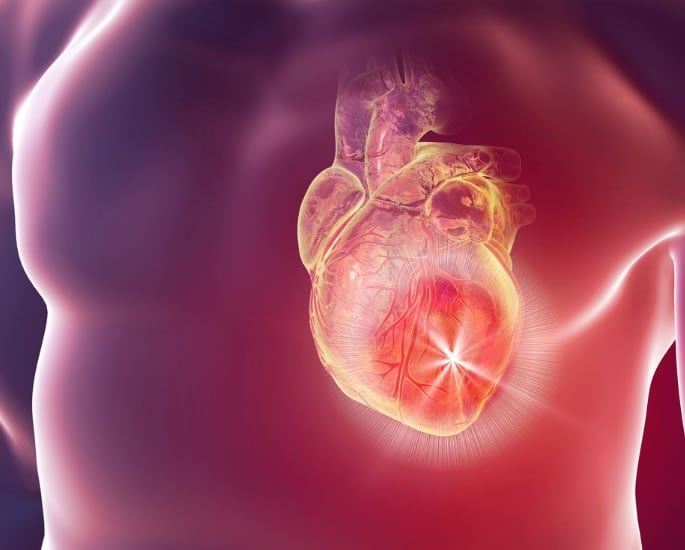
Heart disease is still a major cause of death in India, so diet is a critical tool for prevention. Both vegetarian and vegan diets are good for heart health.
Bhardwaj said: “The vegan and vegetarian diets can drastically reduce LDL (‘bad’) cholesterol, and at the same time, they improve heart and blood vessel functioning because they are composed of high fibre and low saturated fat.
However, he gives a slight advantage to veganism here.
“That being said, the heart health of vegans is usually somewhat better compared to vegetarians since they do not consume any dairy fats.”
But he quickly adds that “milk products like curd and paneer can also be heart-healthy when consumed in moderation, as they help maintain proper gut flora and decrease inflammation, thereby positively affecting the heart.”
For those who find a fully vegan diet too hard, Bhardwaj suggests a “flexi-vegan” plan, which is mainly a plant-based diet with occasional probiotic-rich dairy like buttermilk or curd.
This can help with both cholesterol and digestion.
Fatty liver disease is also a growing problem in India, mostly because of less active lifestyles. Here, too, both diets can help.
Bhardwaj explained: “Dairy-free diets usually result in the elimination of saturated fats, resulting in a healthier liver and, therefore, less fat build-up in the liver.”
He stressed the importance of good protein for vegans.
He advised:
“Vegans must ensure that they are consuming enough legumes, lentils, soy, quinoa, and nuts to prevent muscle loss.”
Vegetarians have a small advantage in this area, as “dairy intake provided them with complete proteins and amino acids, which were beneficial for the liver.”
In the end, choosing between a vegetarian and a vegan diet is a personal decision.
As Bhardwaj says: “The best diet is the one that you can stick to. It should not be a trend to choose between vegan and vegetarian diets for Indians; rather, it’s all about what suits them best in terms of body type, lifestyle, and long-term goals.”
It is important to watch your protein intake and include plant proteins like beans, tofu, paneer, or soy in every meal.
Nutrients also need attention; vegans should think about taking B12, D3, and omega-3 supplements, while vegetarians should be mindful of how much dairy fat they eat.
To support your health, drink plenty of water and add probiotics through fermented foods, like curd for vegetarians and kombucha for vegans.
Portion control is also important because both diets can lead to eating too many carbohydrates; a balanced plate should have 50 percent vegetables, 25 percent protein, and 25 percent whole grains.
At its core, the philosophy behind both diets is about compassion, mindfulness, and balance.
But it is important to always seek the advice of your doctor.
























